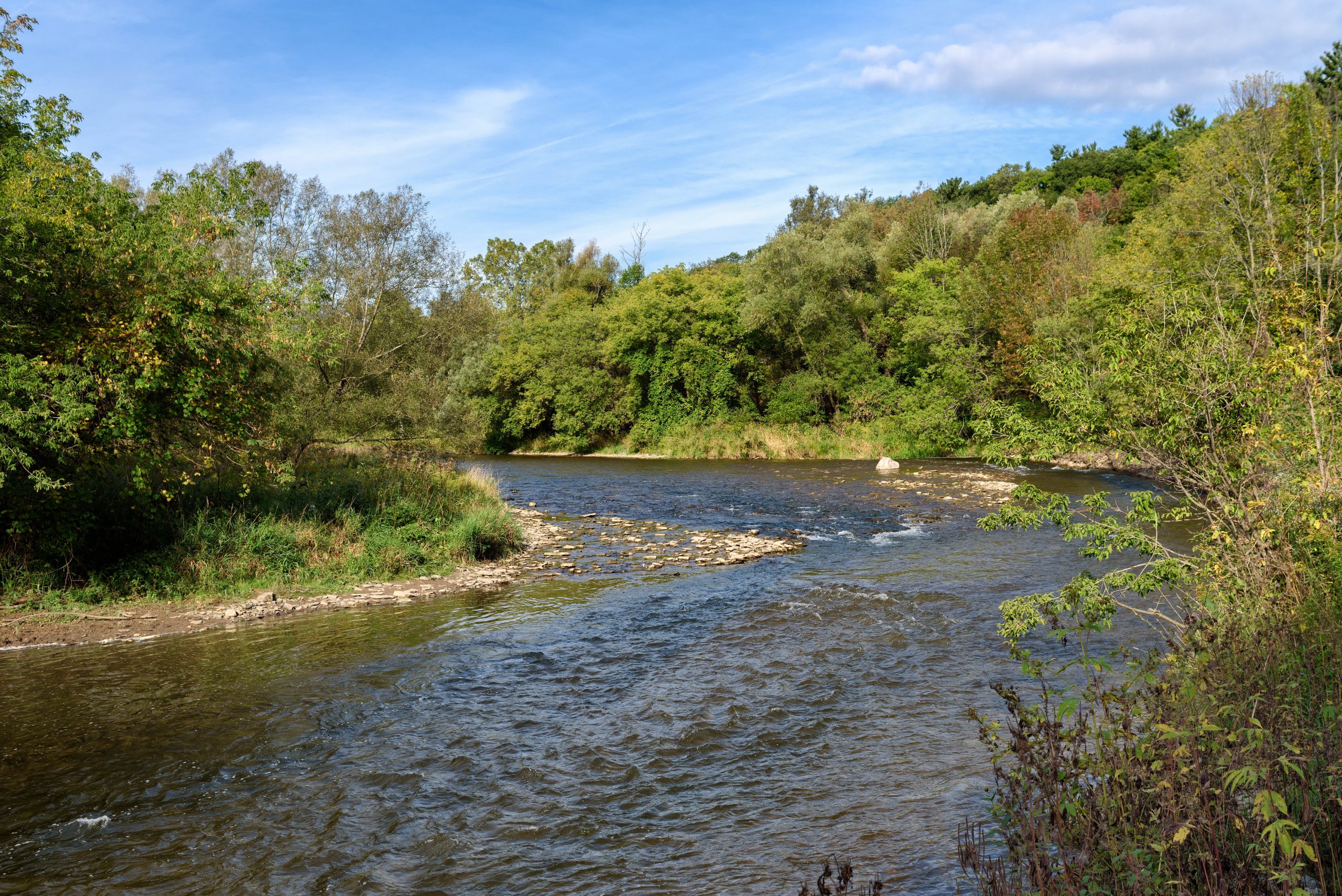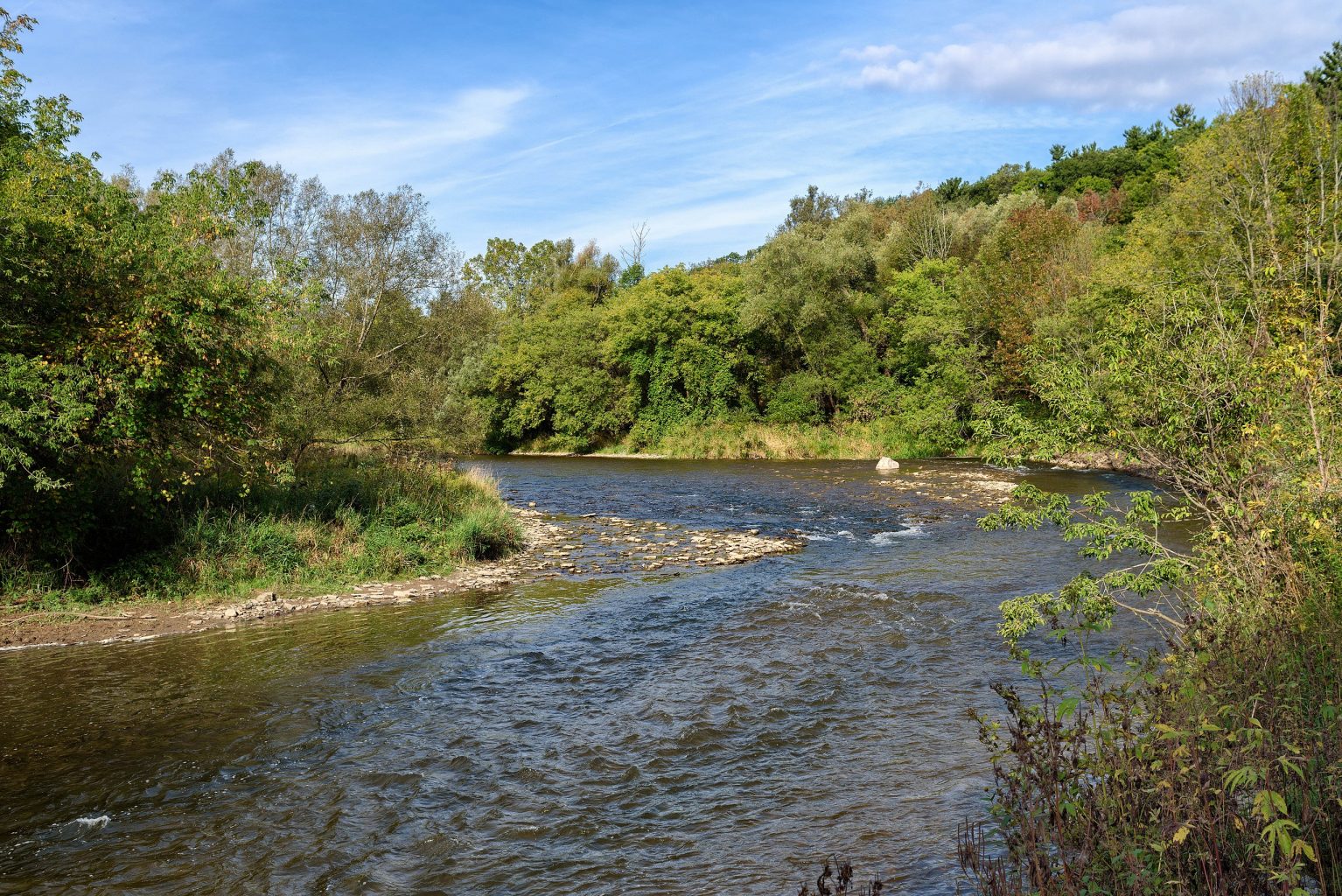Andrea Nicole Carandang resides on the traditional territories of the Haudenosaunne, Anishinabewaki, Mississaugas of the Credit First Nation, Mississauga and Wendake-Niowentsio. She is an immigrant from the Philippines and moved to Canada with her family at the age of 10. In 2018, she graduated from the University of Toronto with her Honours Bachelor of Arts and Bachelor of Education and received her certification from the Ontario College of Teachers the same year. She recently completed her Master of Divinity at Regis College.
Starting Over and Taking Action
I first heard the news of the discovery of the remains of 215 children at the former Kamloops Indian Residential School, located in the community of Tk’emlúps te Secwépemc via social media. I began reading about the news and felt a wave of sadness, horror, and grief take over. Little by little, statements were released by Catholic religious groups, bishops, and institutions. (Since then, more discoveries have been made, the most recent being the discovery of 751 unmarked graves near the former Marieval Indian Residential School by the Cowessess First Nation.) As I saw these statements being released, I asked myself: How can I respond?
The question of responding to the issue of residential schools and its ongoing effects is not entirely new to me. This passion was first ignited during my time at St. Mike’s, through a placement I completed for one of my classes for my Christianity and Culture program. For this placement, I was able to work at Mother Teresa Middle School in Saskatchewan, which served inner-city, at-risk youth, most of whom were Indigenous. Through working at the school, visiting reserves, learning about Missing and Murdered Indigenous Women and Girls, and the release of the Final Report of the Truth and Reconciliation Commission of Canada, I realized the importance of engaging in the work of reconciliation. Upon my return to Toronto, I decided to take Indigenous Studies as my minor.
My Indigenous Studies classes only served to affirm the importance of reconciliation, particularly as a Catholic. According to the Truth and Reconciliation Commission, out of the 130 schools listed on the Indian Residential Schools Agreement, 61 were operated by the Roman Catholic Church. In these things, the Church was complicit and helped to advance views of Indigenous Peoples, traditions and cultures as inferior. The Canadian Conference of Catholic Bishops has already issued an apology for the Church’s involvement in the residential schools, along with the Missionary Oblates of Mary Immaculate (who operated the school in Kamloops and have since issued a new statement) and the Jesuits. The Pope, however, has not issued an apology, as requested under Call to Action #58, though he acknowledged the discovery of the remains on June 6. “The residential schools, as demonstrated by the Commissioners, saw the physical, emotional, sexual and spiritual abuse of Indigenous children, the traumatic effects of which can still be seen today.”
These apologies are important and necessary, but I know that they need to lead to the hard work of reconciliation. As a Catholic, I cannot just wait for the hierarchy to engage in this work; I am also part of the Church, and thus have a responsibility to engage in the work of reconciliation.
The question of engaging in reconciliation takes on a new meaning for me as a Filipina Catholic. This identity becomes extra important in one of the circles I navigate, where, unfortunately, the conversation around residential schools and reconciliation has been virtually non-existent. I spoke with another Filipina Catholic in a leadership position within this circle who was shocked to learn that there were other residential schools in Canada aside from the one in Tk’emlúps te Secwépemc. But even in bringing this up, that circle has not initiated any conversations around the issue of residential schools, even though it is public knowledge that the Catholic Church played a massive role in the administration of residential schools.
That circle is primarily together by virtue of our Catholic identity, but we share the commonality of being mostly Filipinos and Filipinas who are either all first-generation immigrants or children of recent immigrants. As immigrants to Canada, we have a responsibility to learn the full history of the land on which we reside, which includes residential schools and their ongoing effects on Indigenous peoples. Through my post-secondary studies, I was able to do this, and now I feel a responsibility to share the knowledge and resources I have with others who may not know where to begin.
One of the ways I have done this is through contributing to Teaching and Learning as Treaty Peoples. I looked for resources created by Indigenous peoples that can be incorporated into St. Mike’s curriculum, and I wrote several blog posts to present this information on the website. Through this research, I learned there is a diversity of ways Indigenous content can be incorporated into Christianity and Culture and Book and Media Studies, two of the programs sponsored by St. Mike’s. Most recently, I created a 30-day reading plan of two of the documents released by the Truth and Reconciliation Commission. I encourage my fellow Catholics (and you, the reader) to take 10–15 minutes a day read a few pages of these documents to learn more about residential schools. This second resource is merely the beginning of learning about residential schools, but it is through education that we can take action.
There is more that can and should be done. To me, this means having hard conversations with fellow Catholics about the importance of learning about the history of residential schools and of acknowledging that the Church has done wrong. Learning the truth and working towards reconciliation with Indigenous peoples is hard work, but it is necessary. To me, this is part of hungering and thirsting for righteousness (Mt 5:6), and is thus a way to live out Jesus’ teachings in the Gospels. While the residential school system has shown some of the ways in which the teachings of Christ and of the Church have been distorted to pursue harmful ends, the work of reconciliation can also be fueled by a response to Christ’s teachings. As I engage in this work, I pray and work towards truth, justice, and healing, and ask and challenge you to do the same.
Read other InsightOut posts.


